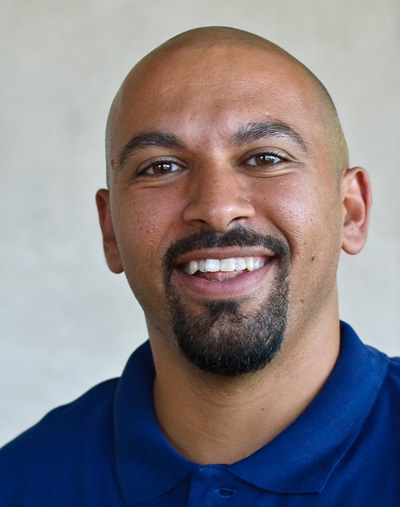H. Samy Alim says the Drug Enforcement Administration's controversial request to hire Ebonics translators highlights several ironies.

By H. Samy Alim and Imani Perry
Opinion
When the headlines appeared this week that the Drug Enforcement Administration (DEA) had issued a request to hire up to nine linguists proficient in Ebonics, it appeared it might be yet another cruel joke about the language of African-Americans. After all, who can forget the onslaught of racist "humor" and the angry vitriolic comments that circulated internationally after the "Oakland Ebonics controversy" a little over a decade ago.
The DEA may not have known the full ramifications of its decision to label the language of many African-Americans, "Ebonics," but we bet they know now. The word itself is a controversy. The truth is, very few people would have even realized that the DEA was hiring over two thousand linguistic experts fluent in over one hundred different language varieties had "Ebonics" not been on the list. But what is causing this uproar? What can we learn from this moment? What does this highlight about the relationships between language, race, and power in America? As a linguist and a legal scholar we hope to offer an analysis that will allow us to learn from this moment.
Linguistic Issues
The firestorm due to the DEA's request to hire experts in "Ebonics" highlights several educational, social, and linguistic ironies, each of which can help us understand issues of language and race in the United States and globally. First, from a linguistic perspective it is upsetting -- and quite frankly, frustrating -- that after decades of linguistic evidence and research trying to convince the larger public that the language variety of African-Americans (known by linguists as "African-American Language" or "African-American Vernacular English", AAVE) is systematic and rule-governed, the only people we have managed to convince is the DEA.
Read more »